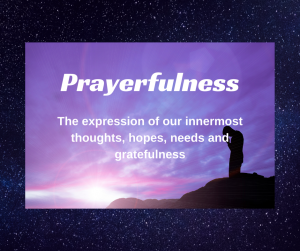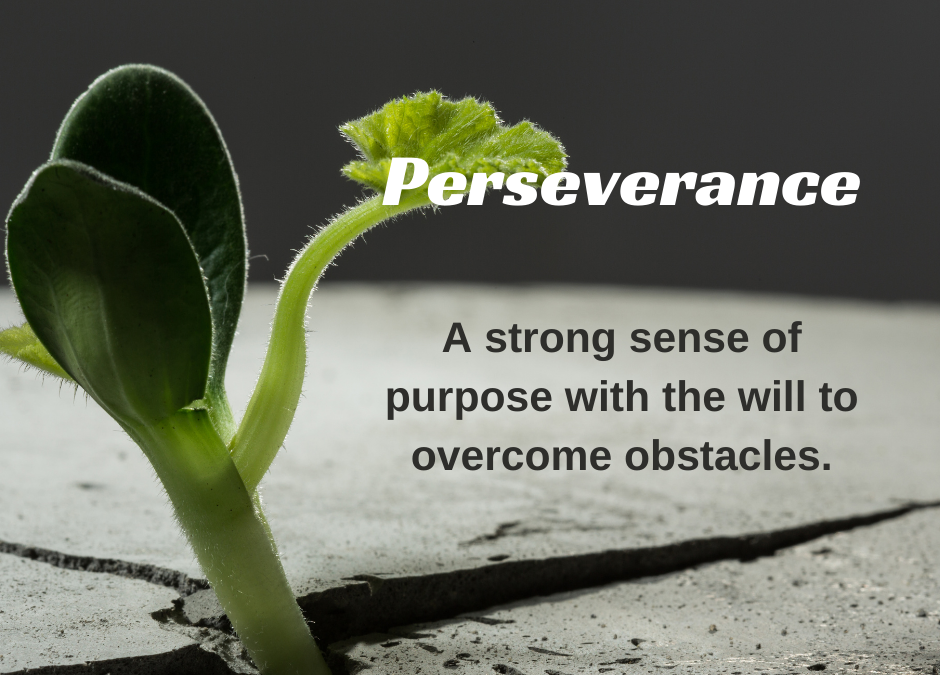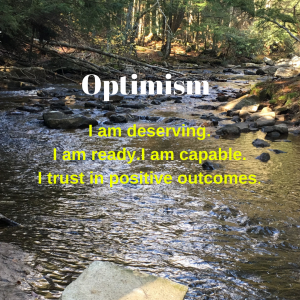
Purity
Description
Purity is a commitment to living with clarity, integrity, and wellness in all aspects of life. It is the practice of caring for our physical, emotional, and spiritual well-being, creating a foundation of health and harmony. Purity calls us to keep our bodies, minds, and environments clean and vibrant, recognizing that actual health flows from the inside out.
Purity is not perfection but a process—a daily effort to release what no longer serves us. We step away from negativity, harmful influences, and habits that diminish our potential. In their place, we cultivate practices that align with our deepest values. We embrace responsibility with grace, transforming mistakes into opportunities for growth rather than burdens of guilt.
Like a clear mirror reflecting light, purity sharpens our intentions and actions. It inspires us to let go of self-doubt and distractions, freeing us to live authentically and wholeheartedly. Purity invites us to approach life with a clear conscience, to seek peace within, and to honor the best in ourselves and others.
When we live with purity, we create space for joy, connection, and purpose. It empowers us to be fully present and ourselves, allowing us to contribute our best to the world.
Affirmations for Purity
1. I release what no longer serves my highest good.
This affirmation encourages letting go of habits, thoughts, or influences that hinder growth, fostering clarity and renewal.
2. I honor my body by treating it with care and respect.
By focusing on physical health and self-care, this affirmation helps cultivate a foundation for overall well-being.
3. I choose thoughts that bring me peace and joy.
Purifying the mind from negativity enhances emotional balance and fosters a positive outlook.
4. I am free from the need for external validation.
This practice reinforces inner strength and detachment from influences that cloud authentic self-expression.
5. I forgive myself and others, releasing guilt and resentment.
Letting go of emotional burdens clears the heart and promotes peace in relationships.
6. I keep my living space clean, organized, and inviting.
Maintaining a clean environment reflects and supports inner clarity and harmony.
7. I seek to align my actions with my deepest values.
This affirmation grounds decisions in integrity, creating a sense of purpose and alignment.
8. I practice gratitude for the simple blessings in my life.
Gratitude clears negativity and opens the heart to joy and abundance.
9. I am mindful of the media, conversations, and energies I allow into my life.
Being selective about external influences protects inner purity and nurtures a peaceful mind.
10. I start each day with a clear intention to live with love and truth.
Setting a pure and focused intention each morning helps anchor actions in positivity and sincerity.
Quotes
“The soul is dyed the color of its thoughts. Think only on those things that are in line with your principles and can bear the full light of day. The content of your character is your choice. Day by day, what you do is who you become..” — Heraclitus
Purity and simplicity are the two wings with which man soars above the earth and all temporary nature.” — Thomas à Kempis, The Imitation of Christ
“Blessed are the pure in heart, for they shall see God.” — The Beatitudes (Matthew 5:8)
Purity In Family Life
Purity in family life is about creating a home environment that nurtures physical, emotional, and spiritual well-being. It begins with the commitment to maintaining clean and welcoming spaces that foster clarity and harmony. This extends beyond physical cleanliness to cultivating a positive and uplifting atmosphere in which words, actions, and relationships reflect kindness, honesty, and love.
For parents, practicing purity means modeling integrity and self-care, letting go of negative influences, and being mindful of the energy they bring into the home. It’s about aligning family values with daily actions and encouraging growth, forgiveness, and responsibility. Parents can guide their children to recognize the importance of purity by setting an example of how to live with authenticity and intention.
For children, purity means caring for their bodies, respecting their environment, and making choices that reflect their values. It also includes speaking truthfully, treating others with kindness, and being accountable for their actions. Through these practices, children develop a clear conscience and the confidence to be their best selves.
As a family, practicing purity strengthens bonds, fosters trust, and creates a sanctuary of peace and love where everyone feels safe, valued, and free to grow. It’s about striving together to let go of negativity, embrace forgiveness, and live with joy and purpose.
Balancing Purity
When in balance, Purity can be a powerful force for creating a harmonious and uplifting family life. It inspires clarity of mind, health of body, and alignment of values, promoting a peaceful and nurturing environment. However, an overemphasis on Purity can lead to perfectionism or rigidity, while neglecting it can result in disorder or carelessness. Balancing Purity with other virtues ensures it remains a positive and empowering influence.
-
-
-
Flexibility: Encourages adaptability, helping families embrace imperfections and unforeseen changes without losing sight of their values.
-
Compassion: Softens strict standards with understanding, allowing space for mistakes and growth in both parents and children.
-
Humility: Keeps Purity grounded by reminding us that striving for improvement is a journey, not a means of superiority or judgment.
-
Moderation: Prevents extremes by guiding families to maintain balance in their pursuit of cleanliness, health, and spiritual clarity.
-
Forgiveness: Promotes emotional purification by releasing guilt and resentment, fostering healing and stronger connections.
-
Patience: Supports the gradual process of purification, encouraging persistence without frustration or haste.
-
Courage: Enables families to let go of harmful influences or habits, even when change feels daunting or uncomfortable.
-
Joyfulness: Infuses the pursuit of Purity with positivity and lightness, avoiding rigidity by celebrating progress with gratitude.
-
Respect: Ensures Purity is practiced in a way that honors the autonomy and individuality of each family member.
-
Contentment: Helps families appreciate their current efforts and accomplishments, avoiding dissatisfaction that can arise from striving for perfection.
-
-
Maintaining balance in virtues is essential for the well-being of both parents and children. When Purity is tempered by complementary virtues, it creates a family dynamic that is nurturing, accepting, and growth-oriented. This balance allows families to embrace their shared values while fostering joy, resilience, and meaningful connections.
Joe is a husband, father, grandfather, author, speaker, educator, course creator, and parent/family coach.
He helps parents develop unity, find clarity, communicate, and develop consistency in their parenting with the Four C’s of Successful Families. You can find his work on social media.
In addition, the Four C’s newsletter is enjoyed by many as it encourages parents to self-care, build their relationships with their partners, and raise their children.
And he loves to golf!






